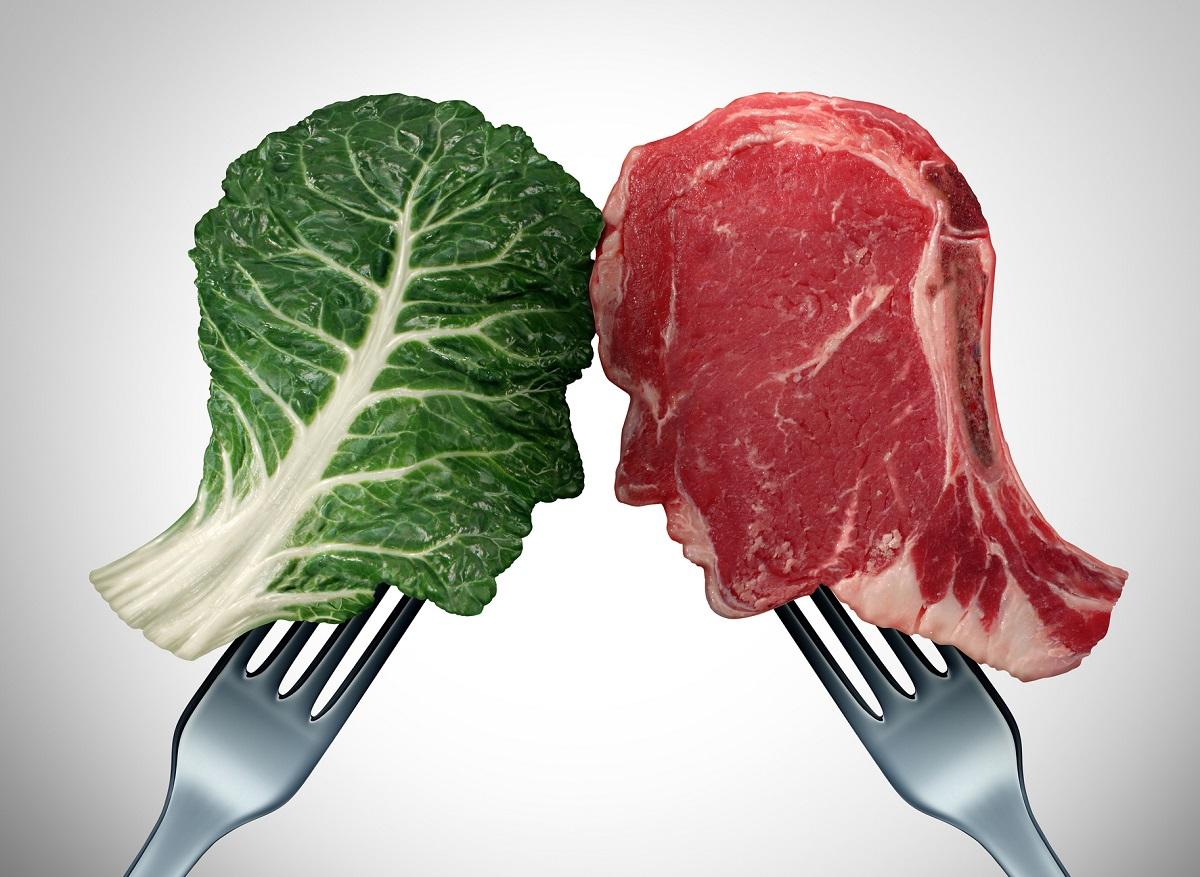According to a preliminary study, women who consume high-calorie meals late at night are more likely to have higher blood pressure, higher BMI and poor blood sugar control than those who dine early.

To have a healthy heart and arteries, eating well is essential, just as it is recommended not to smoke, to practice regular physical activity and to watch your weight and your cholesterol level.
But, according to this new preliminary study, which will soon be presented to American Heart Association Scientific Sessions 2019it’s not enough, especially when you’re a woman: they must also be careful when they ingest the largest portion of their daily calories.
According to the authors of this new work, in fact, women who eat a high-calorie dinner later in the evening are more at risk of developing cardiovascular disease than those who dine early.
Affects blood pressure, BMI and blood sugar
To reach this conclusion, the researchers assessed the cardiovascular health of 112 women with an average age of 33 years. All kept an online food diary to show what they ate, how much and at what time of day. Two measurements were carried out: for one week at the start of the study, and for one week twelve months later. This data was then used to determine the relationship between heart health and meal times.
The researchers then found that study participants who consumed a greater proportion of their daily calories after 6 p.m. had poorer heart health. According to them, every 1% increase in calories consumed after 6 p.m. would deteriorate heart health.
In detail, women who ate more calories after 6 p.m. were more likely to have high blood pressure, higher body mass index (BMI), and poor long-term blood sugar control.
Similar results were also observed for each 1% increase in calories consumed after 8 p.m., according to the researchers, who hope that the caloric proportion in evening meals will now be taken into account for the maintenance of good cardiovascular health. .
An “important study” to manage your cardiovascular health
“Until now, lifestyle approaches to preventing heart disease have focused on what we eat and how much we eat,” says Nour Makarem, a researcher at Columbia University in New York. These preliminary results indicate that intentional eating that takes into account the timing and proportion of calories in evening meals may represent a simple and modifiable behavior that may help reduce the risk of heart disease.
According to Kristin Newby, chair of the monitoring advisory committee for the Go Red for Women Strategically Focused Research Network, this is “an important study” that could help women of all ages better understand and manage their cardiovascular health. “It’s never too early to start thinking about your heart health, whether you’re 20, 30, or 40 or were born in the 1960s or 1970s. If you’re healthy now or have a heart disease, you can always do more. It goes hand in hand with a healthy and intelligent heart,” she concludes.
.

















